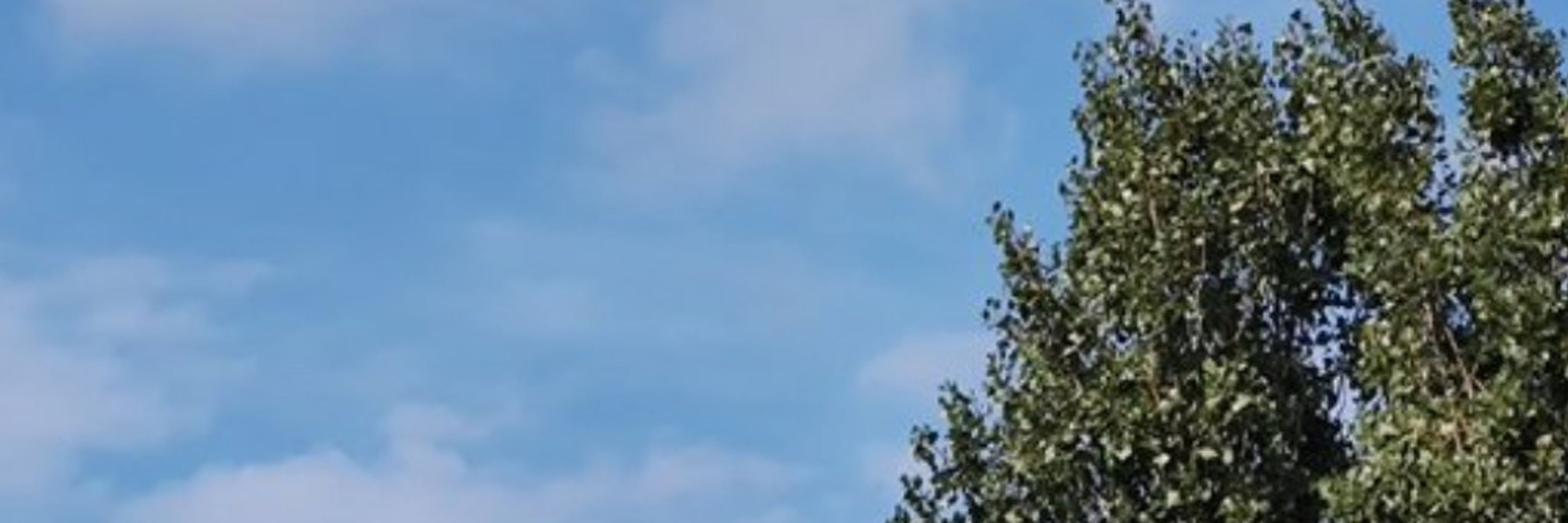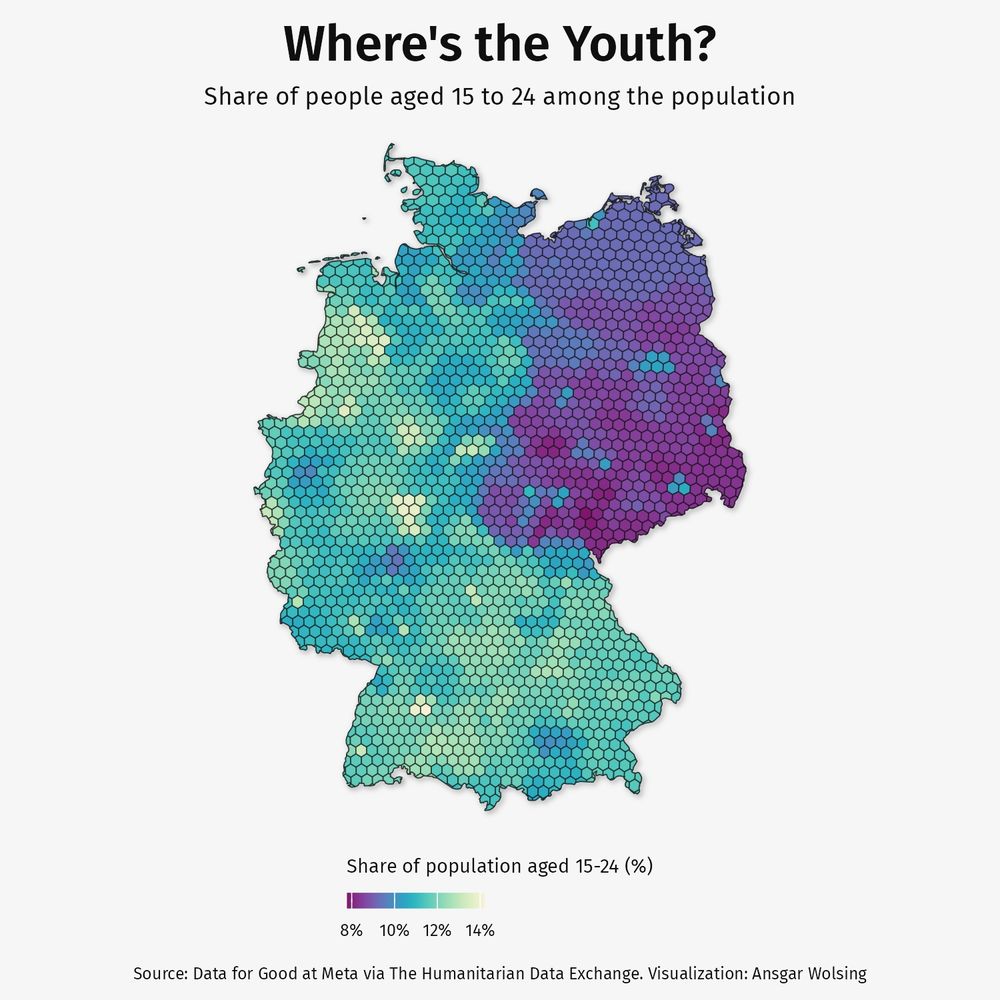

Verband der Familienunternehmen freut sich gar nicht und schweigt nur … komisch …

Verband der Familienunternehmen freut sich gar nicht und schweigt nur … komisch …


Let's just hope that it's going to be not too violent, because lots of people are so inclined, unfortunately. It will be interesting times.
Let's just hope that it's going to be not too violent, because lots of people are so inclined, unfortunately. It will be interesting times.


Learn from my mistakes. Not just the math error. I will keep this one, but delete several posts.
Learn from my mistakes. Not just the math error. I will keep this one, but delete several posts.

Learn from my mistakes. Not just the math error. I will keep this one, but delete several posts.

@yahoofinance.com $TSLA
finance.yahoo.com/news/teslas-...


I think it was still correct within a Sadistical Standard Deviation or two.
I think it was still correct within a Sadistical Standard Deviation or two.
For the range between 1880 and 2012, extending the range by 70 years with much worse instrumental records and a world war or two in-between, the uncertainty increases to ... 0.41K
How is that possible?


For the range between 1880 and 2012, extending the range by 70 years with much worse instrumental records and a world war or two in-between, the uncertainty increases to ... 0.41K
How is that possible?

Eastern Germany shows much lower shares except for larger cities, while many western and southern areas have noticeably more young people.
#30DayMapChallenge Day 25: Hexagons #ggplot2


Instead it's the Americans who ceremoniously shot themselves in both feet
Instead it's the Americans who ceremoniously shot themselves in both feet
www.abc.net.au/news/2025-11...

www.abc.net.au/news/2025-11...
#Energysky #renewables #Batteries
www.pv-magazine.com/2025/11/24/m...



